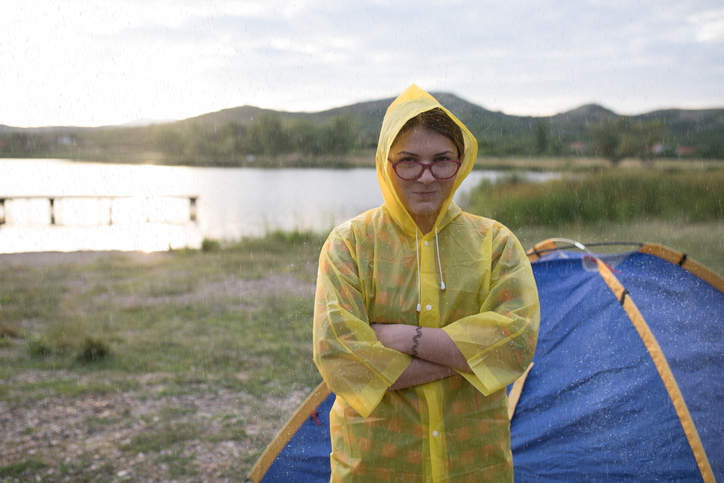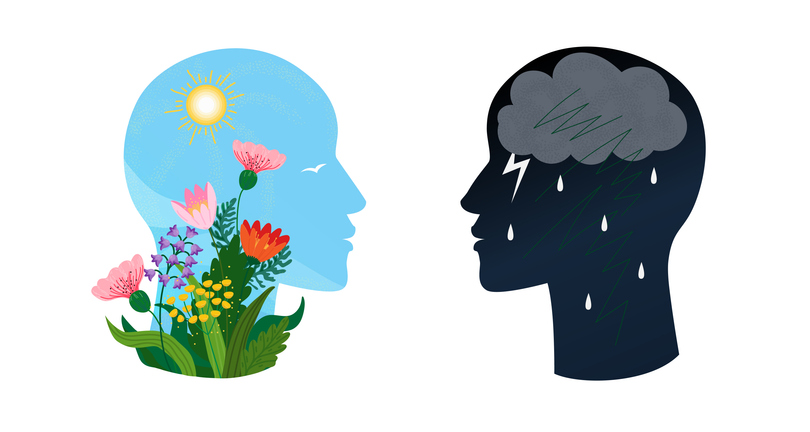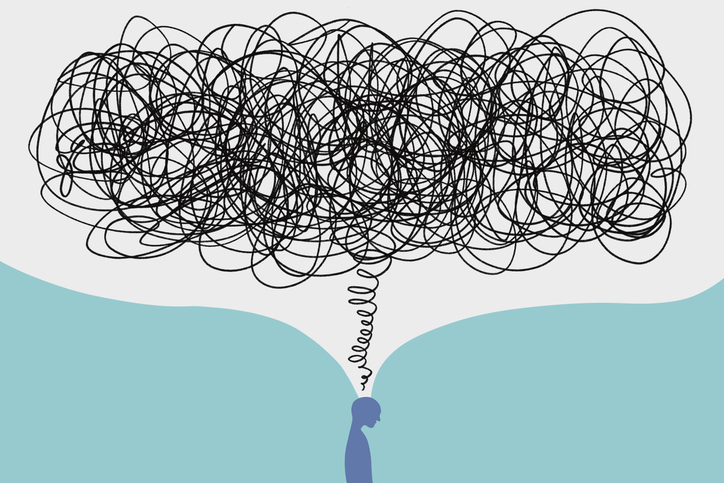How the “Camps” You Choose In Life May Impact Cognitive & Mental Health





By Joy Stephenson-Laws, JD, Founder
Life is a Picnic - and a Choice
Not long ago, I reflected on how life is like an ongoing picnic. No single day is the same. Some are good, others challenging. Some are slow, others fly by. There are days filled with joy and others full of questions. That’s just the nature of the picnic—it evolves.
But more important than the spread on the blanket or the weather is how we show up to the picnic. How we think about life, and the mindset we bring to it, makes all the difference.
As we age, life also begins to resemble a series of “camps”—mental and emotional places we choose to set up and dwell in. And make no mistake: we do have a choice.
Which Camp Are You In?
Take aging, for example. There are those who resist it, resent it, and even fear it. Let’s call this group Camp Fear.
Then there’s another group who embrace aging as a gift. They’re grateful for the years, the lessons, the growth. They see it as a time to become more true to themselves. This is Camp Gratitude.
Here’s the truth: there’s no secret pass or membership card for these camps. You don’t need to qualify or wait for an invitation. You choose which one you want to join. And the decision can impact more than your outlook—it can shape your brain and mental health in profound ways.
Your Mindset and Brain Health Are Deeply Linked
The “camp” you choose doesn’t just affect your mood. It may also affect your cognitive vitality as you age. Whether you dwell in Camp Worry or Camp Acceptance, your mindset may influence your risk for neurological issues, such as dementia, as well as your overall mental health and quality of life.
A recent study conducted by researchers throughout Europe revealed something remarkable: certain psychological traits in middle-aged and older adults were linked to either cognitive resilience or cognitive decline over time.

The Three Profiles: Which one reflects you?
Researchers studied 750 middle-aged and 282 older adults, assessing their personality traits and then measuring their cognitive and mental health two to three years later. Participants naturally fell into three distinct psychological profiles—or what we could call camps.
Profile #1: The Camp of Cognitive Decline
Marked by high levels of worry, neuroticism, and low openness, agreeableness, extraversion, conscientiousness, and sense of purpose—this group experienced the greatest cognitive decline and cortical thinning, a key marker of brain aging.
This is not the camp you want to be in—and the good news is, you don’t have to stay there.
Profile #2: The Camp of Mental Health Struggle
This profile was also associated with high brooding and worrying, but also included some self-reflection. However, it lacked openness, conscientiousness, and a strong sense of purpose. This group had the worst mental health outcomes and poorer sleep quality.
Poor sleep and persistent negative thinking? That’s a heavy load to carry at any age.
Finally, the third group—let’s call it Camp Balance—stood out. They had a healthy dose of self-reflection, low worry, low neuroticism, and high levels of extraversion, agreeableness, openness, conscientiousness, and purpose.
This group experienced the best cognitive and mental health outcomes at follow-up.
This is the camp that cultivates peace, purpose, and presence—and it’s one we can all work toward.
You Can't Avoid All Worry - But You Can Train Your Mind
Let’s be real—it’s not realistic to expect a life free of conflict, stress, or even self-doubt. But what this study shows is that mind training, emotional awareness, and resilience are crucial to healthy and happy longevity.
Just as you train your body with movement, you can train your mind with intention. Meditation, journaling, therapy, connection, gratitude—these practices gently nudge us toward the camp we most want to call home.
Fuel Your Brain, Nourish Your Life
Mental wellness is deeply connected to physical wellness. Here are a few essential pillars for a healthy brain and mind:
-
🥑 Nutrition: Yes, an avocado a day really may help keep cognitive decline at bay. A comprehensive nutrient test can also reveal deficiencies contributing to stress or mood imbalances. A healthcare provider can help you adjust your diet and suggest high-quality supplements if needed.
-
🏃♀️ Movement: A year of aerobic exercise has been shown to help reduce the risk of Alzheimer’s. Aim for consistency over intensity. A simple daily walk does wonders.
-
😴 Sleep: Quality sleep is vital. Poor sleep can exacerbate negative thinking, drain energy, and impact memory and focus.
-
🤝 Connection: Engage with others. Isolation can amplify fear and worry, while community strengthens purpose and joy.
You Can Move Camps Anytime
Remember, you’re not stuck. Whether you’ve been living in Camp Fear, Camp Worry, or Camp Disconnection—you can always pack up and move.
You don’t need to wait for a better season or more motivation. You just need a little willingness, a bit of self-compassion, and the belief that a better, brighter camp is waiting for you.
Enjoy Your Picnic. Choose Your Camp Wisely.
So as you unfold your picnic blanket today, ask yourself:
Which camp have I been living in? And is it the one I truly want to call home?
Here’s to purpose, presence, and peace—today and in the years to come.
Enjoy your healthy life!
Disclaimer: This article is not intended to provide medical advice. Please consult with your doctor or another competent healthcare practitioner to get specific medical advice for your situation.
The pH professional health care team includes recognized experts from a variety of health care and related disciplines, including physicians, attorneys, nutritionists, nurses, and certified fitness instructors. This team also includes the members of the pH Medical Advisory Board, which constantly monitors all pH programs, products, and services. To learn more about the pH Medical Advisory Board, click here.




